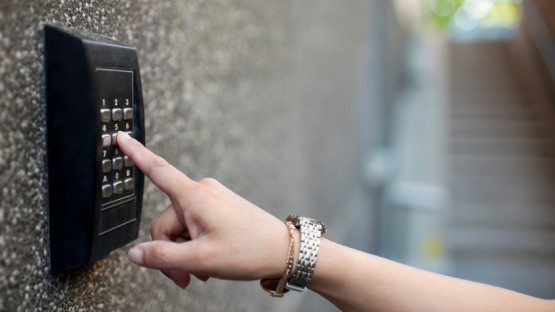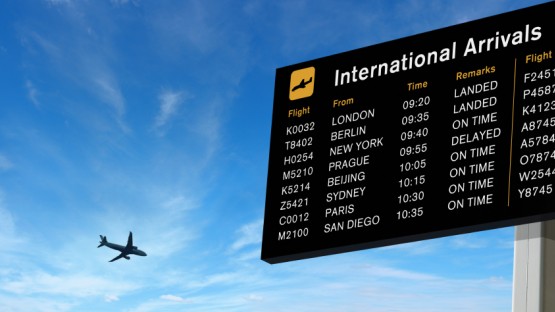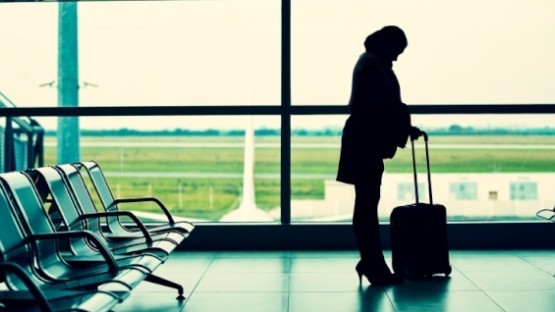
Living abroad?
How to Kick Off Your Expat Life

Speak the Language
You should also use these first days to get a general grasp of the local language. You may still be far from fluent at this point, but attempting to speak the language will help you get accustomed with the locals and will ease your transition abroad.
Try to order your food or ask for directions in the local language. A dictionary or general guide book can help you with that. Of course, it won’t hurt if you jot down some standard phrases beforehand or even learn them by heart. The locals will surely appreciate your effort.
At the end of the day, you will be surprised by how much you may already understand. Being confronted with the local language on a daily basis will help you become fluent in no time. So using or at least attempting to use the language from day one is always a good idea.
An additional language course may also be of help if you are struggling with the local language. Depending on your pre-existing skill level, it might be a good idea to visit a language course while still living at home, or at least once you have arrived in your host country. Not only will such a course provide you with theoretical knowledge about the language, but here you will also have the opportunity to practice its use in a safe environment.
Get Connected
Getting connected is essential to let your loved ones at home know that you are safe and sound. Especially during the first few days, it will help you reach out to your usual support system and deal with frustration and uncertainty. However, it will also make the job and apartment search a lot easier.
If you do not want to sign a mobile phone or internet contract right away, you can get a prepaid card for your cell phone instead. It is a quite convenient option and allows you to be flexible. If your host country is using the same system as your home country, you may even be able to keep using your mobile phone SIM card from home. Be careful with this option, though, as this can get really expensive even if you are only using basic services such as phone calls and text messaging.
To use the internet, try to figure out if there are any Wifi-hotspots available. Many cafés, libraries or public places offer wireless internet access free of charge, so make sure to bring your smartphone, laptop or netbook along.
Get Your Paperwork Done
Different countries have different visa requirements. Some countries solely need you to apply for your visa from abroad, and once that is settled, you are free to enter the country. Others, however, require you to register or fill out additional paperwork once you have arrived in order to complete your registration. So depending on where you are heading for your expat experience, you will have to face different administrational issues.
You may also have to apply for a local ID or driver’s license. This will help local government officials to identify you without having to deal with foreign papers. However, no expat experience can be compared to another. You will need to find out what exactly it is that you in your individual situation need to apply for, get signed or issued in your host country.
It is absolutely important that you take care of these things upon your arrival abroad. It will help you avoid additional stress that comes with missed deadlines and waiting periods. Also, government officials usually take a lack of necessary papers very seriously, and depending on where you are, you may face hefty fines.


























